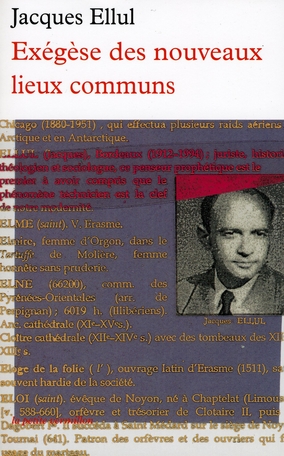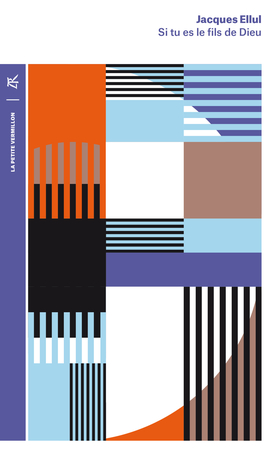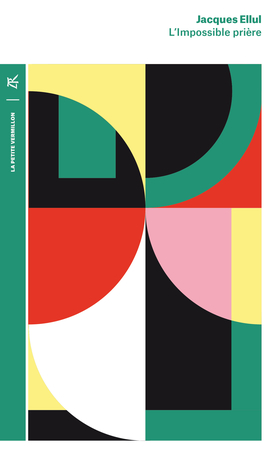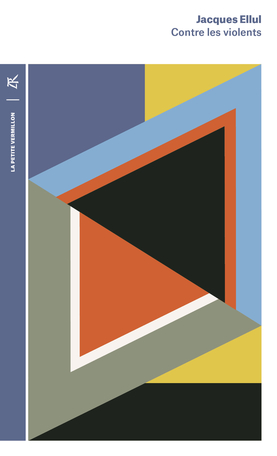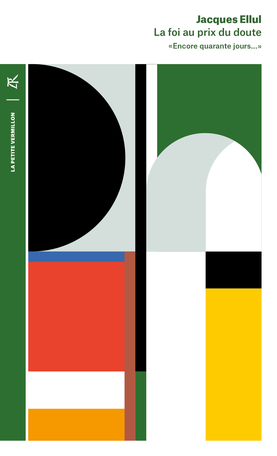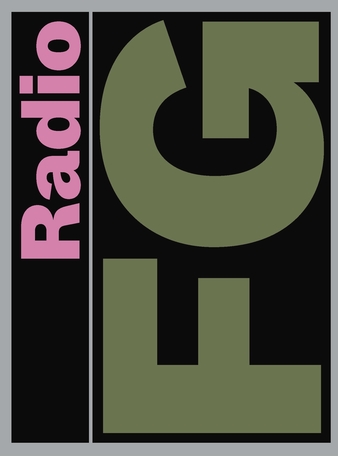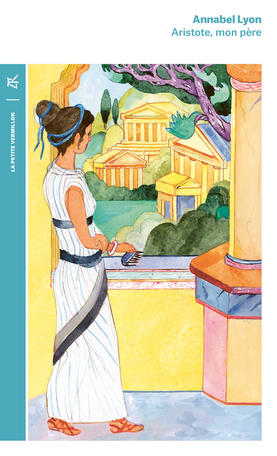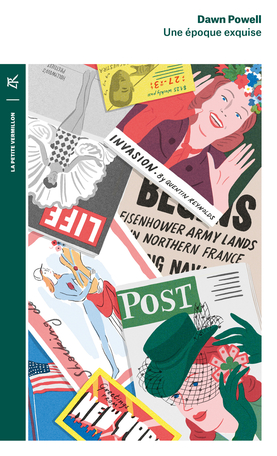Exégèse des nouveaux lieux communs
- La petite vermillon (n° 38)
- Paru le 03/11/1994
- Genres : Essais et documents - La Petite Vermillon
- 304 pages - 110 x 175 mm
- EAN : 9782710306467
- ISBN : 9782710306467
Foreign Rights
A Critique of the New Commonplaces
Rights sold
USA (Wipf & Stock)
Presentation
Jacques Ellul here cracks open political and sociological commonplaces, destructively and wittily demonstrating how our unthinking acceptance of them encourages hypocrisy, smugness, and mental inertia. Among the stereotypes of thought and speech thus exploded are such phrases as "You can't act without getting your hands dirty", "Work is freedom", "We must follow the current of history", and "Women find their freedom (dignity) in work".
A certain number of these old saws preside over our daily life. They permit us to understand one another and to swim in the ordinary current of society. They are accepted as so certain that we almost never question them. They serve at once as sufficient explanations for everything and as "clinchers" in too many arguments. Ellul explores the ways in which such cliches mislead us and prevent us from having independent thoughts - and in fact keep us from facing the problems to which they are theoretically addressed. They are the "new commonplaces".
Just as the nineteenth century brought forth many such commonplaces (they are enshrined in Leon Bloy's Exegese and Flaubert's Dictionnaire des idees reçues), so our century has been busy creating its own. What Ellul has done is to stand still long enough to look at them carefully, attack them with cool reason, and leave them nakedly exposed.
In this remarkable document, Ellul's caustic fearlessness is at the service of truths that often are cruel, but always are lucid and impassioned. He represents the voice of intelligence, and while doing so is often hilarious and always therapeutic about matters of first importance.
After a revelation that led him to Christianity and an intensive reading of Marx, Jacques Ellul studied law. He then devoted himself to reflection on the evolution of modern society. He noted the disappearance of rural life and the mechanization of man’s environment. He foresaw the magnitude of this ecological and social “great mutation”.
Considering that technique is the determining factor of modern society, he leads a critique of what he calls “technological tyranny”. He further analyses that technique self-increases, imposing its values of efficiency and technical progress, while denying man’s needs and culture as well as the nature.
Sociology is not his only field. His work is composed of theologian and historian output. Some would also say that he is a philosopher, although he did not define himself as such.
As a militant anarchist whose ideas are close to situationism, but also as a subtle commentator of Marxist thought and excesses, he was instrumental in the establishment of political ecology and reflections on Christian anarchism. He also wrote many theological works on the Gospel’s subversive and liberating aspects and on the “perversion” which the Christian revelation has suffered from. Some of his other works are thoughts on ethics and on hope.
Jacques Ellul can be considered as one of the fathers of the idea of rational economic decay and voluntary simplicity.
“Jacques Ellul, a true thinker” Royaliste
“A kind of clairvoyant who had already predict everything” Réforme
“His writings remained fiery, the prophet’s voice still resonates” La Croix
If you are interested in publishing one of our books or wish to receive further information, you can contact:
Anna Vateva, Foreign Rights : + 33 1 40 46 71 02
a.vateva@editionslatableronde.fr
